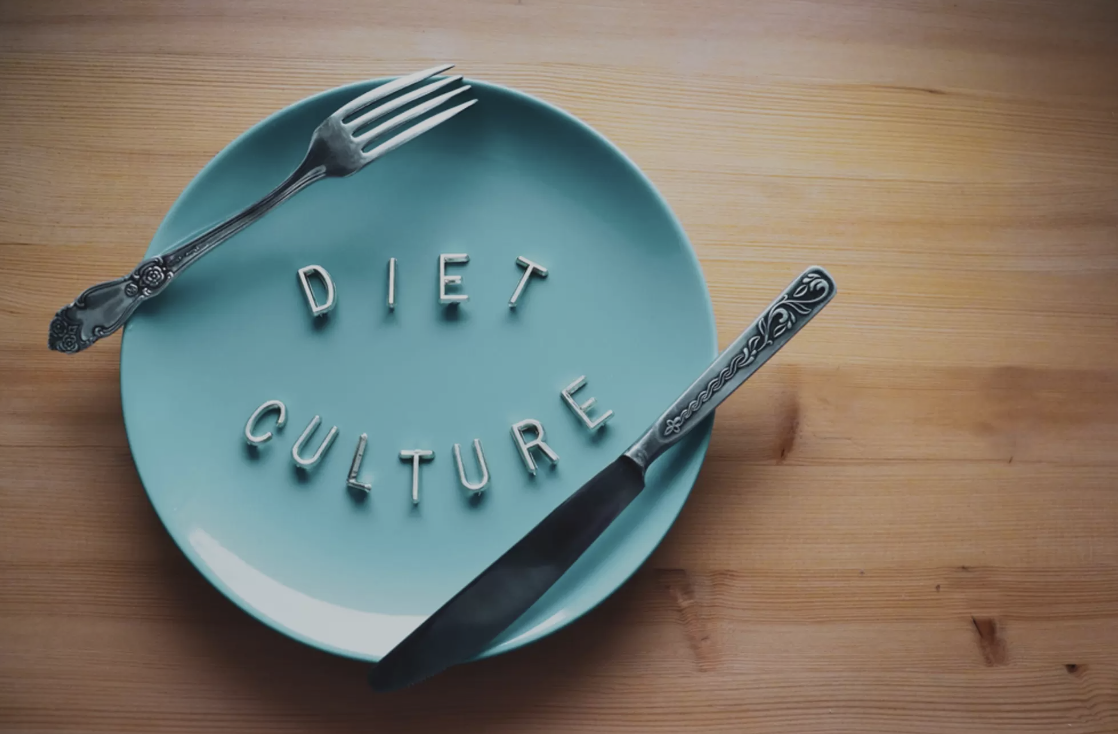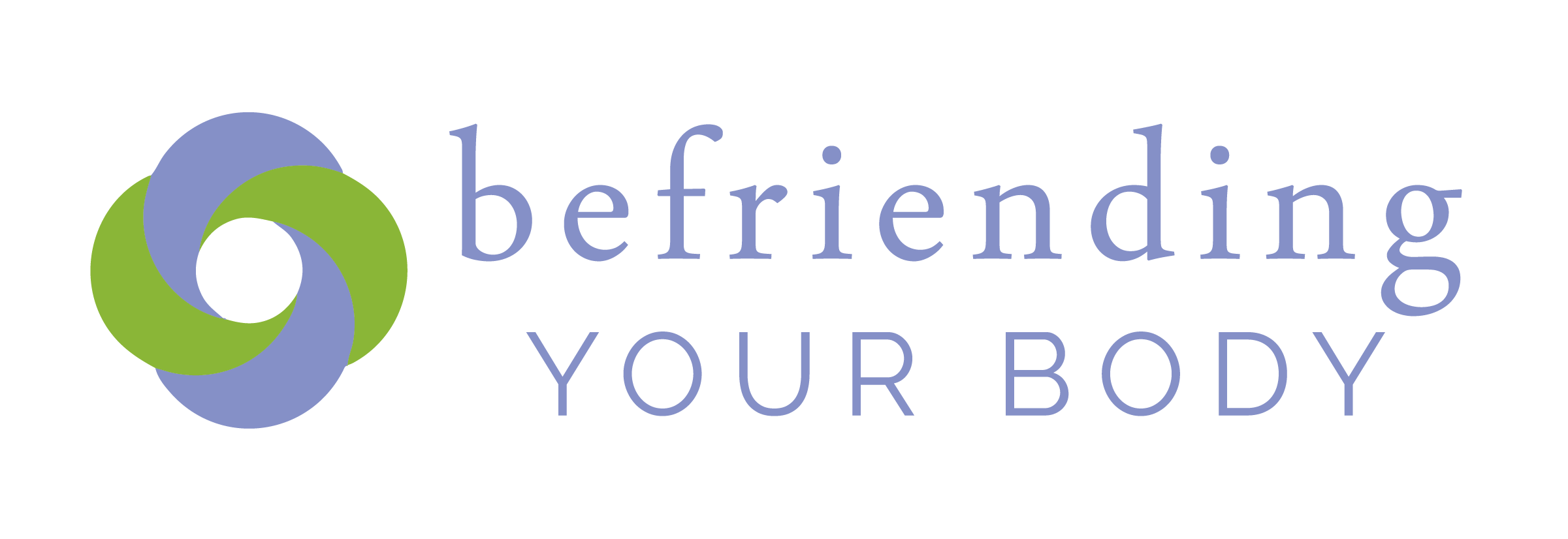Weight Myths and Diet Traps
If you wish you could lose weight, you are in the majority. I can’t remember the last time I heard someone say that they were happy, satisfied, or even at peace with their body, male or female. Most people I talk to, both in my practice and my personal life, are trying to lose weight, whether it’s 5lbs or 50lbs, and whether they are 25 or 65. And if they are at their ideal size, they’re often hypervigilant about any possible weight gain. Perhaps some of their comments will sound familiar:
”I have to watch what I eat.”
“I just need more will power.”
“I need to try harder and really commit.”
“The [diet of choice] diet is supposed to work really well.”
“I really need to get serious and do it this time.”
When most people decide they want to lose weight, they generally look at going on a diet. Diets come in all shapes, sizes, and disguises, so let’s start by considering what constitutes a diet.
What is a Diet?
A diet is any attempt to manipulate body size through food and/or movement, including:
Short-term diets;
Fad diets;
Diets that eliminate certain foods or food groups;
Diets that are referred to as “lifestyle changes;”
“Wellness” eating plans;
Detoxes or cleanses;
Liquid diets;
Periods of fasting; and
Exercising with the intention or desire that it will lead to weight loss.
If the goal is to create weight loss through food and/or movement, it counts! In addition, any kind of dieting falls within the category of “disordered eating.”
Do Diets Work?
I’ve been there myself and understand having the hope that there will finally be a way to reach the ideal body shape and size. But if dieting worked, you’d have been successful by now. Based on the criteria of a successful diet being one where you lose the weight and keep it off for two to five years, studies have repeatedly shown that upwards of 95-97% of diets fail, regardless of what the diet industry might have us believe. This means you have less than a 5% chance of success of maintaining any weight loss you achieve - and for only a relatively short period of time.
Up to two thirds of people who lose weight end up gaining it back, plus more. The more diets you go on, the more weight you end up gaining over the long term. This yo-yo dieting phenomenon has been shown to be much worse for your health and longevity than actually being in a larger body. Not only that, but the effects of the trauma often experienced by those in larger bodies due to weight stigma is also more damaging than actually being in a higher weight body.
Why Don’t Diets Work?
Physical Response
Our bodies are not designed to respond to dieting, they are designed to protect us from malnutrition and starvation. The reason we gain more and more weight the more we diet is because our bodies are smart. Our body perceives a diet as starvation, which it interprets as dangerous, and it will do everything it can to protect us from that danger. There is no brain hack that can circumvent this.
This is why the first diet you ever go on is the easiest, and why it becomes increasingly harder to stick to a diet or lose weight. Once the body has had that initial experience of malnutrition or starvation, it will adapt in a variety of ways, including leading us to overeat or binge, particularly on foods that have been forbidden. It has been well documented that periods of deprivation lead to binge eating and over eating. Restriction triggers the diet-binge-gain cycle.
Your biology will always be stronger than your willpower. You body size and shape is determined by so much more than what you eat and how much you exercise. It’s determined by your genetics, biology, cultural influences, medical conditions, psychological factors, socio-economic status, social norms, stress, and sleep.
Nervous System Response
Another set of side effects of dieting occur in the brain and nervous system. Have you noticed that when you diet or undereat you feel more irritable, stressed, anxious, and/or unhappy? This occurs because when our nervous system perceives danger (in this case, danger from hunger, malnourishment and potential starvation), it becomes dysregulated, activating our fight, flight, or freeze response. We become even more tense, stressed, and preoccupied with food and our appearance, unable to be free in our bodies or minds. And so the cycle continues.
Why Are We Even Trying To Lose Weight?
Where does this constant striving to achieve our “ideal” weight come from anyway? This striving is a result of diet culture, which was created and is and maintained by the diet industry, a $73 billion-dollar business. For most, the current “ideal” body is a thin body. As long as we don’t fit this ideal and feel shame about our bodies as a result, diet and wellness companies can continue to sell us products, plan, and programs that have a less than 5% success rate. It’s in the diet industry’s best interests to keep this shame about ourselves alive. Author and activist Sonya Renée Taylor refers to the diet industry as the “Body Shame Profit Complex.”
With millions to spend in advertising, diet companies have learned the best times of the day, week, month, and year to market their products, times when research has shown we (mostly women) are more vulnerable. Ads have become more and more targeted, relentlessly showing up in our feeds, often under the guise of “wellness.”
It’s not only the diet industry that’s telling us what to do with our bodies. In the book, The Wisdom of the Body, Dr. Hillary McBride notes how, growing up as women in our society, everyone has been allowed to have an opinion about our bodies. My body is mine and belongs to no one else, yet others have been incredibly invested in it. They are invested in what it looks like and have told me what they think of it, how it is wrong, and what I should do to fix it. They have even expressed their worry that my body might change in a way that’s not ideal in the future. People have far more opinions about our bodies than they do about our education, hobbies, personalities, and contributions to the world, and these other, more important qualities are even more diminished when our bodies do not fit the “ideal”.
An ideal can only be an ideal if it’s not attainable by most people. So why are we hurting, and often killing, ourselves trying to reach these unrealistic body standards? As a culture, we’ve been the victims of a collective brainwashing and gaslighting.
We don’t need "just the right diet” to finally get that ideal body, we need to see diet culture for what it is and step away from it.
But What About Health?
“What about health?” you may ask. Interestingly, body size and weight are not predictors of health. You can find great information about this at The Association for Size Diversity and Health. The following are a few interesting results from medical studies that are not widely known or shared:
People who fall into the “overweight” Body Mass Index (BMI) category live longer than those in the “normal” category. One study examined over 3 million people and reaffirmed that people in the “overweight” category have significantly lower all-cause mortality, and people in the low end of the “obesity” category (where the majority of people in the obesity category fall) show no difference in mortality rates relative to “normal weight.*”
When it comes to your health, feeling positive about your weight may be more important than your actual weight. "Normal” BMI weight women who are unhappy with their weight have higher blood pressure and fasting glucose levels than “normal” weight women who are fine with their bodies. The same holds true for people across every BMI category.**
There are approximately 54 million Americans mislabeled as unhealthy because their BMI falls in the “overweight” or “obesity” category. Fifty-four million Americans whose BMI classifies them as “overweight” and “obese” are in perfect health according to cardiometabolic measures, while 21 million whose BMI puts them in the “normal” category are unhealthy.***
People who are at a higher weight and are physically fit have half the mortality rate as people who are thin and not fit. This study followed over 26,000 men and found that “obese”-fit men and lean-fit men both had low death rates and “obese”-fit men had death rates half that of lean, unfit men. ****
The obesity paradox that being “overweight” is protective against diseases including hypertension (high blood pressure) and heart disease has been confirmed by dozens of studies. Being “overweight” is now believed to help protect patients with an increasingly long list of medical problems, including hypertension, and heart disease.*****
Losing weight does not necessarily mean you are going to feel better or be healthier. We also know that BMI should no longer be used as a diagnostic tool because it is inaccurate and produces inconsistent and misleading results.
A Better Way of Measuring Health
Last year I was introduced to the Befriending Your Body Program, created by Dr. Ann Saffi Biasetti, and I have adopted her measure of health into my practice and into my own life. She encourages us to ask ourselves the following questions:
Do I feel healthy?
Do I feel strong?
The key to answering these questions is that you must answer them based only on the feelings and sensations in your body, and on nothing external. For example, saying that I feel healthy because I had a green juice is not internal verification that I feel healthy, because perhaps that green juice is giving me heartburn, which doesn’t feel good. Saying I feel healthy because I feel energized and pain-free is internal verification, and what we are looking for in answering these questions. It’s time to stop looking outside of ourselves to determine whether we are healthy.
By asking ourselves every day if we feel healthy and strong and striving to answer these questions with a “yes” more frequently is a much better approach to health and wellness than any of the suggestions you can currently find in diet and wellness culture.
READ my follow-up to this post where I talk about stepping out of diet culture, and what to do instead of dieting and focusing on weight loss.
*Flegal, K. M., et al. Association of all-cause mortality with overweight and obesity using standard body mass index categories. Journal of the American Medical Association. 2013; 309(1) 71 – 82.
**Blake, C. E., et al. Adults with greater weight satisfaction report more positive health behaviors and have better health status regardless of BMI. Journal of Obesity, Volume 2013 (2013).
***Tomiyama, A. J. et al. Misclassification of cardiometabolic health when using body mass index categories in NHANES 2005 – 2012. Journal of Obesity, 2016.
****Blair, S., et al. Physical fitness and all-cause mortality: A prospective study of healthy men and women. JAMA, 1989; 262(17) 2395-2401.
****** Brown, H. The obesity paradox: Scientists now think that being overweight can protect your health. Quartz, November 17, 2015 (available online)





